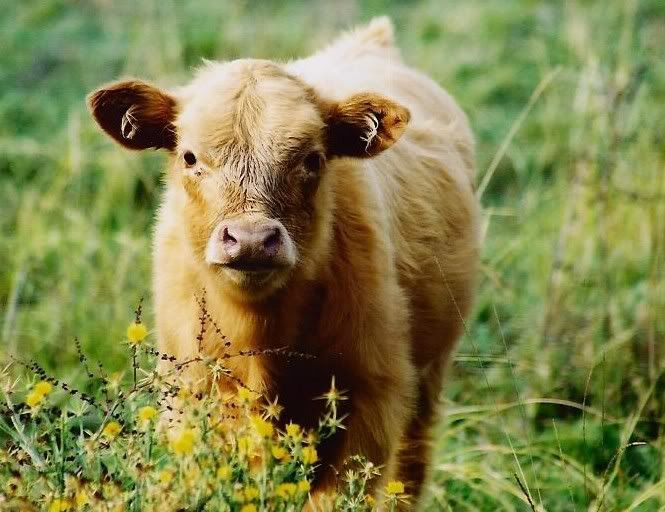At two to three years of age, matured hens complete their egg production cycle within the industry. 'Spent hens' are slaughtered without any protections under California's 1990 Methods of Slaughter law. California producers no longer have a facility to bring its 'spent hens' for processing. In May 2006, Valley Fresh Inc., California’s only 'spent hen' slaughterhouse, ended its live poultry processing operations.
Now, the slaughtering of 'spent hens' is carried out by the individual egg companies. Producers have used gassing/composting and woodchippers as methods of euthanizing 'spent hens'.
As
The Modesto Bee reports today, a Ceres egg producer was caught red-handed illegally burying its old hens. Read the full news report:
"Dead hens, possibly numbering in the thousands, were illegally buried in a trench by a Ceres-area egg producer, Stanislaus County officials said Thursday.
The carcasses were dumped at Niemeyer Farms on Crows Landing Road before the practice was halted about three weeks ago, said Sonya Harrigfeld, director of environmental resources for the county.
'We issued a cease-and-desist order to them,' she said. 'My staff witnessed dead carcasses on the ground.'
Owner Jack Niemeyer said the burial was part of a legal composting operation for hens past their egg-laying prime.
'We're converting it to fertilizer to market,' he said.
Harrigfeld said composting livestock is illegal without a permit from the California Integrated Waste Management Board. Niemeyer Farms is not on the state agency's online list of permitted composting sites.
The case will be referred to the district attorney's office, which can seek fines of up to $5,000 for each day the violations took place, Harrigfeld said. When the burial began is not known, she said.
The county responded to neighbors' complaints about odors and flies.
Niemeyer declined to say how many hens were buried, but Rowe Barney, assistant director of the county department, said it likely was in the thousands.
Barney said about 25,000 dead birds were awaiting disposal when the county ordered that they be taken to the Darling International rendering plant near the town of Crows Landing.
Rendering, which extracts useful products from carcasses, is the preferred method of disposal, Harrigfeld said.
Too degraded for renderingThe buried carcasses are too degraded for rendering, so Niemeyer will have to dig them up and haul them to an approved landfill, she said. They will be reburied with extra precautions to prevent pollution, similar to the handling of the cattle and poultry killed in the extreme heat wave of July 2006, she said.
Harrigfeld said county officials aim to have the cleanup done within two weeks. The county has given Niemeyer until today to estimate the number of buried hens and the extent of the operation.
Burying dead animals can pose an environmental hazard because decomposing biological material could percolate through the soil and into into groundwater in the surrounding areas.
Barney said groundwater in the area is 10 to 20 feet from the surface, and the trench appears to be 4 feet deep, so prompt removal is needed to prevent seepage of contaminants.
Complaints are rareNiemeyer said he has had the business for more than 30 years but might retire soon. No live hens are there, he said. The farm is relatively small compared with other egg producers in the Northern San Joaquin Valley.
Harrigfeld said complaints about illegal carcass burial are rare, happening perhaps once every three to five years.
The egg industry strives to follow the laws on hen disposal wherever it operates, said Stevan Allen, spokesman for the Pacific Egg and Poultry Association in Sacramento.
'The industry guidelines do allow for composting, but the caveat there is that it is done in accordance with state and local ordinances,' Allen said.
Niemeyer said composting hens, a process that takes about nine months, is part of the nutrient cycling that is vital to agriculture.
'If you stopped all of this conversion,' he said, 'the cultivation and the crops and everything would be gone.'"
Before the holiday weekend, e-mail your opinions about this distributing topic to
The Modesto Bee.





